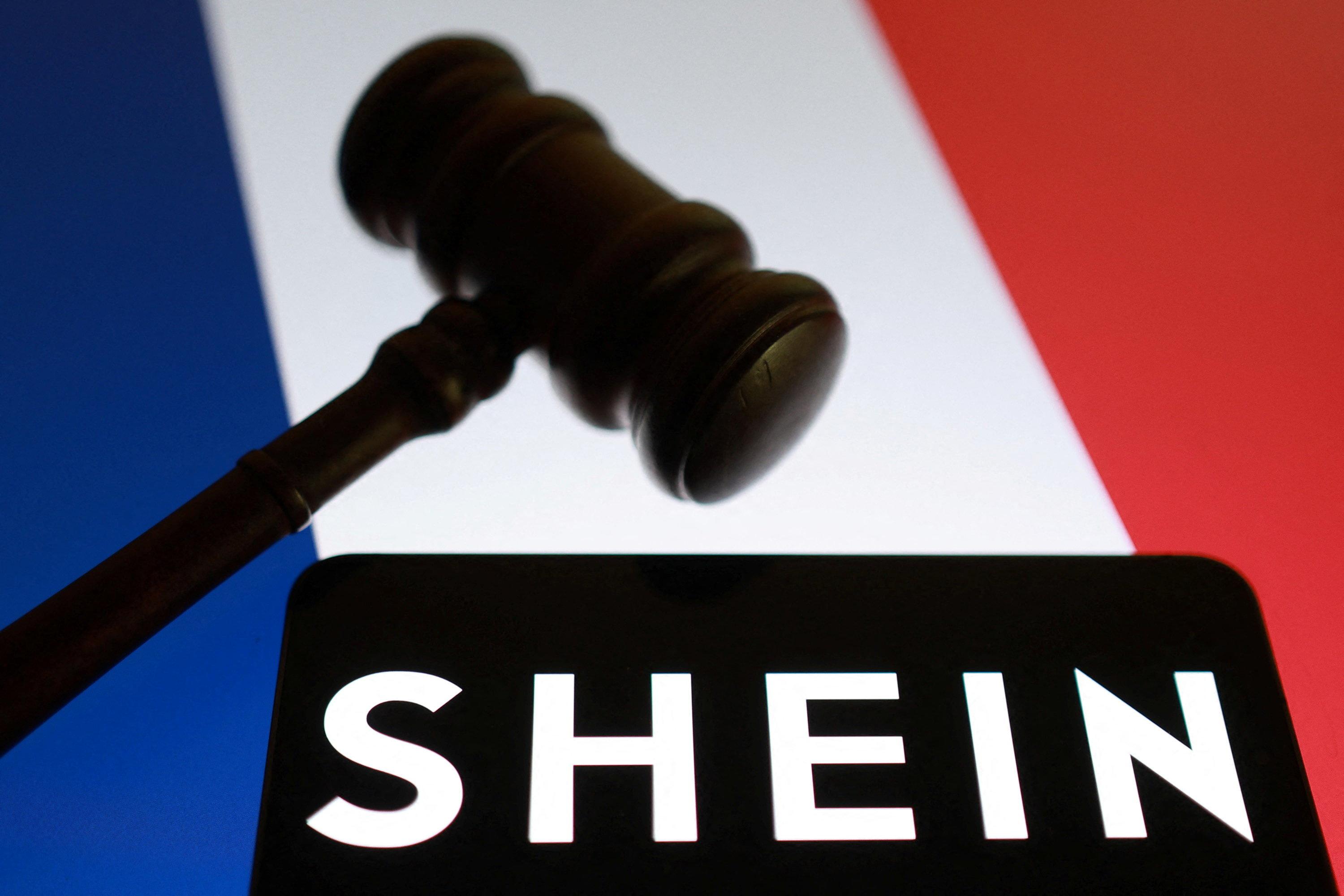French Government Calls for EU Sanctions Amid Shein Content Controversies
France demands urgent European sanctions against Shein following discoveries of illegal content and pushes for a platform ban amid ongoing regulatory challenges.
- • French government urges European Commission to investigate and sanction Shein after illegal products found on platform.
- • Shein's French website suspended; Prime Minister Lecornu confirms suspension pending compliance.
- • Legal complexities due to Shein's EU headquarters in Dublin and European law principles impede swift blocking.
- • Xavier Bertrand, regional president, calls for a complete ban on Shein amid political and environmental concerns.
- • Shein has faced nearly €200 million in fines this year for violations concerning data and consumer safety.
Key details
The French government has intensified its opposition to the Chinese e-commerce platform Shein by urging the European Commission to swiftly investigate and impose sanctions. This development follows alarming discoveries of illegal products, including dolls with pedopornographic characteristics and Category A weapons, listed for sale on Shein's platform. Economy Minister Roland Lescure and Digital Minister Anne Le Hénaff officially communicated these concerns to the Commission, citing Shein's failure to comply with the Digital Services Act regulations aimed at protecting minors and combating illegal content.
Following these findings, France has suspended Shein's website access domestically and formally requested European action to ensure company compliance. Prime Minister Sébastien Lecornu confirmed the suspension remains until Shein adheres to French laws. Concurrently, judicial efforts were initiated by the Interior Minister to block the site over serious allegations regarding illicit products. Clara Chappaz, a former digital minister, highlighted that 14 EU countries are pursuing measures against Shein, which has already faced nearly €200 million in fines this year for breaches related to personal data protection and consumer safety.
However, legal experts explain that the French ability to block Shein is limited by European law, as the company's European headquarters are based in Dublin. French law permits blocking sites primarily dedicated to illegal content, but Shein’s broader commercial activity complicates swift restrictions. Blocking access may also be circumvented by users employing VPNs. Thus, substantial sanctions likely require coordinated action by EU authorities, notably Ireland or Brussels.
At the regional political level, Xavier Bertrand, president of Hauts-de-France, joined calls for Shein’s ban, expressing concerns over its societal and environmental impact. His stance aligns with growing political pressure amid the upcoming presidential election.
This concerted national and regional response against Shein illustrates France’s determination to uphold digital regulations and consumer protections within the European framework amid growing scrutiny of major online platforms.
This article was translated and synthesized from French sources, providing English-speaking readers with local perspectives.
Source articles (4)
Source comparison
Latest news
France Returns the Djidji Ayôkwé Talking Drum to Côte d'Ivoire After Over a Century
Record 37 Days of Rain Triggers Ongoing Severe Flooding in Western France
Political Divisions and Social Tensions Intensify Following Quentin Deranque’s Death in Lyon
French Economy Minister Calls for Full Insurance Industry Mobilization Amid Devastating Storm Floods
France Boosts Social and Solidarity Economy with New Tools and Potential Tax Reforms in 2026
Saint-Nazaire Mayor Condemns Vandalism of Two Political Offices as Attack on Democracy
The top news stories in France
Delivered straight to your inbox each morning.




